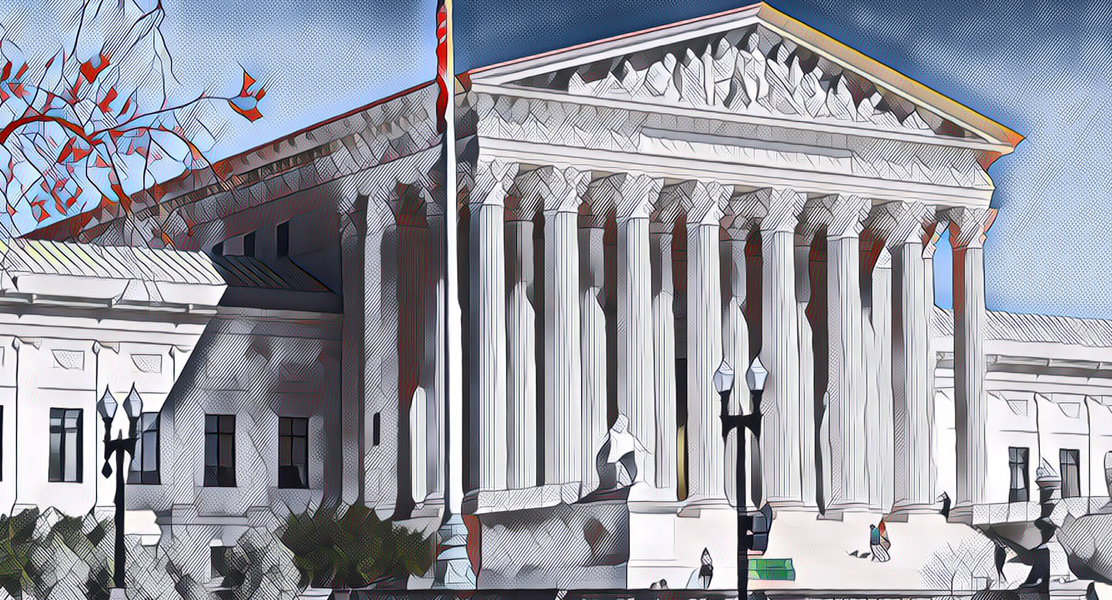Secret recordings reveal contrasting views of Justice Alito and Chief Justice Roberts on role of religion and morality at SCOTUS

Supreme Court watchers typically spend the month of June anticipating the Court’s most high-profile, divided, and controversial rulings. This year is no exception, but has brought an added spectacle after progressive activist Lauren Windsor released secretly recorded conversations with Justice Samuel Alito and Chief Justice John Roberts at an annual gathering of the Supreme Court Historical Society.
The conversation with Windsor, who was posing as a conservative Christian, seems to reveal a troubling perspective from Justice Alito. ABC News reports:
In the edited recording, Windsor keeps pushing Alito, saying, “people in this country who believe in God have got to keep fighting for that, to return our country to a place of godliness.”
Alito responds, saying, “I agree with you, I agree with you.”
In contrast to Justice Alito, Chief Justice Roberts resisted Windsor’s provocations, declining to agree with her that the United States is “a Christian nation.”
“Yeah. I don’t know that we live in a Christian nation. I know a lot of Jewish and Muslim friends who would say, maybe not. And it’s not our job to do that. It’s our job to decide the cases as best we can.”
Roberts also disagreed with her that the role of the Court is to put America on a “moral path.” From The New York Times report:
“Would you want me to be in charge of putting the nation on a more moral path?” the chief justice said. “That’s for people we elect. That’s not for lawyers.”
…
When Ms. Windsor pressed him on whether he thought that there was “a role for the court” in “guiding us toward a more moral path,” the chief justice’s answer was immediate.
“No, I think the role for the court is deciding the cases,” he said.
While the recording was made in secret, Justice Alito’s views on the subject of religious liberty are not. In the summer of 2022, he made news delivering a keynote address in Rome at a Religious Liberty Summit convened by the Religious Liberty Initiative of the University of Notre Dame Law School. There, he explained his view that growing secularization in the United States and around the world poses a grave threat to religious liberty. (For more, hear BJC’s podcast episode discussing the event).
So, it’s not surprising that Justice Alito believes that “godliness” and religious liberty go hand-in-hand. The truth is that religious liberty – when robustly protected – safeguards the rights of religious and nonreligious Americans alike, Christians and – as Chief Justice Roberts correctly noted – non-Christians as well. We don’t need the Supreme Court to direct our nation toward “godliness” or a “moral path.” We need them to protect the rights of all Americans to freely exercise our faith or choose not to exercise a faith, while at the same time to be free of religious entanglements with government that can make some feel excluded and marginalized — or worse yet, coerced.




